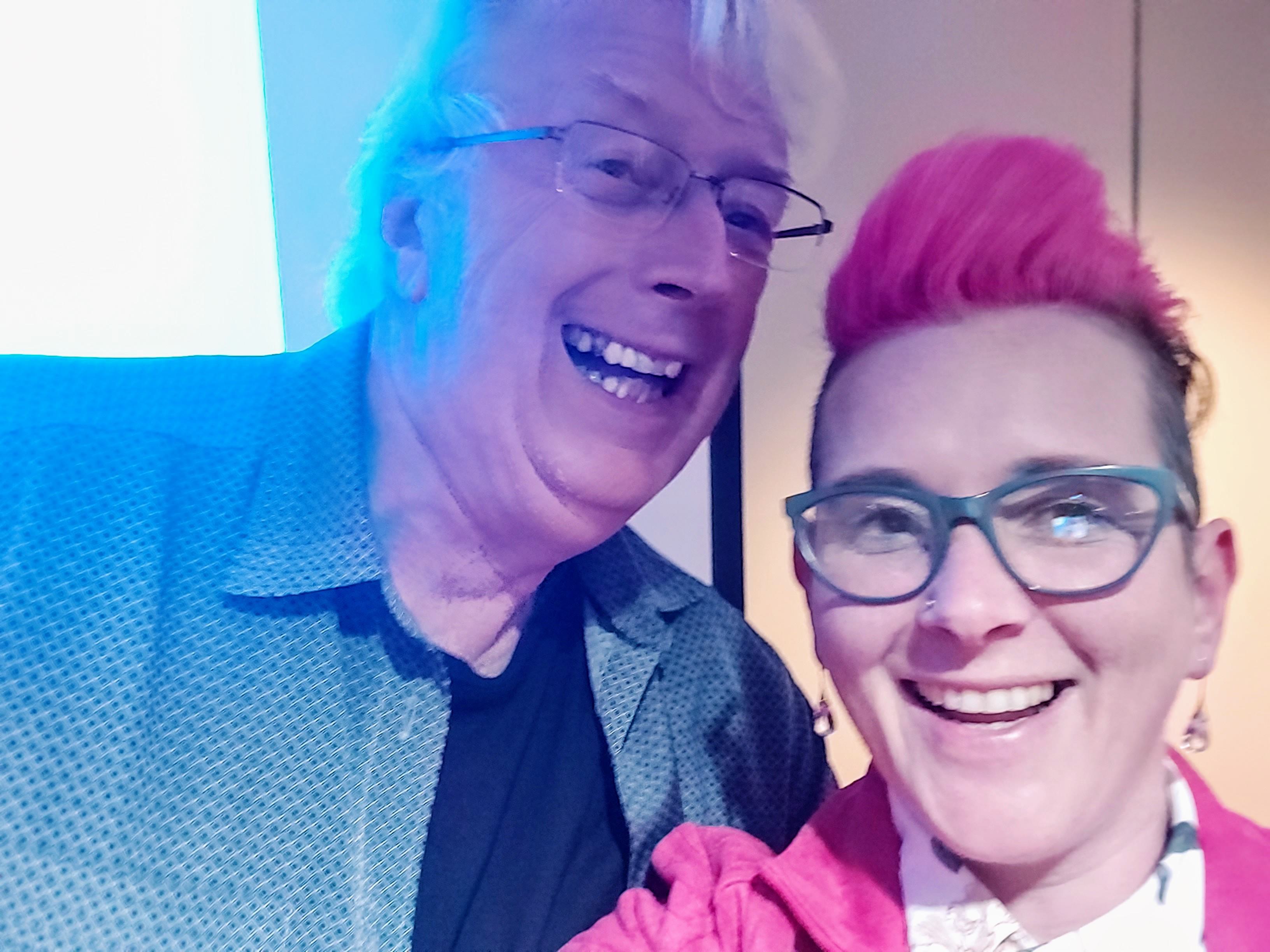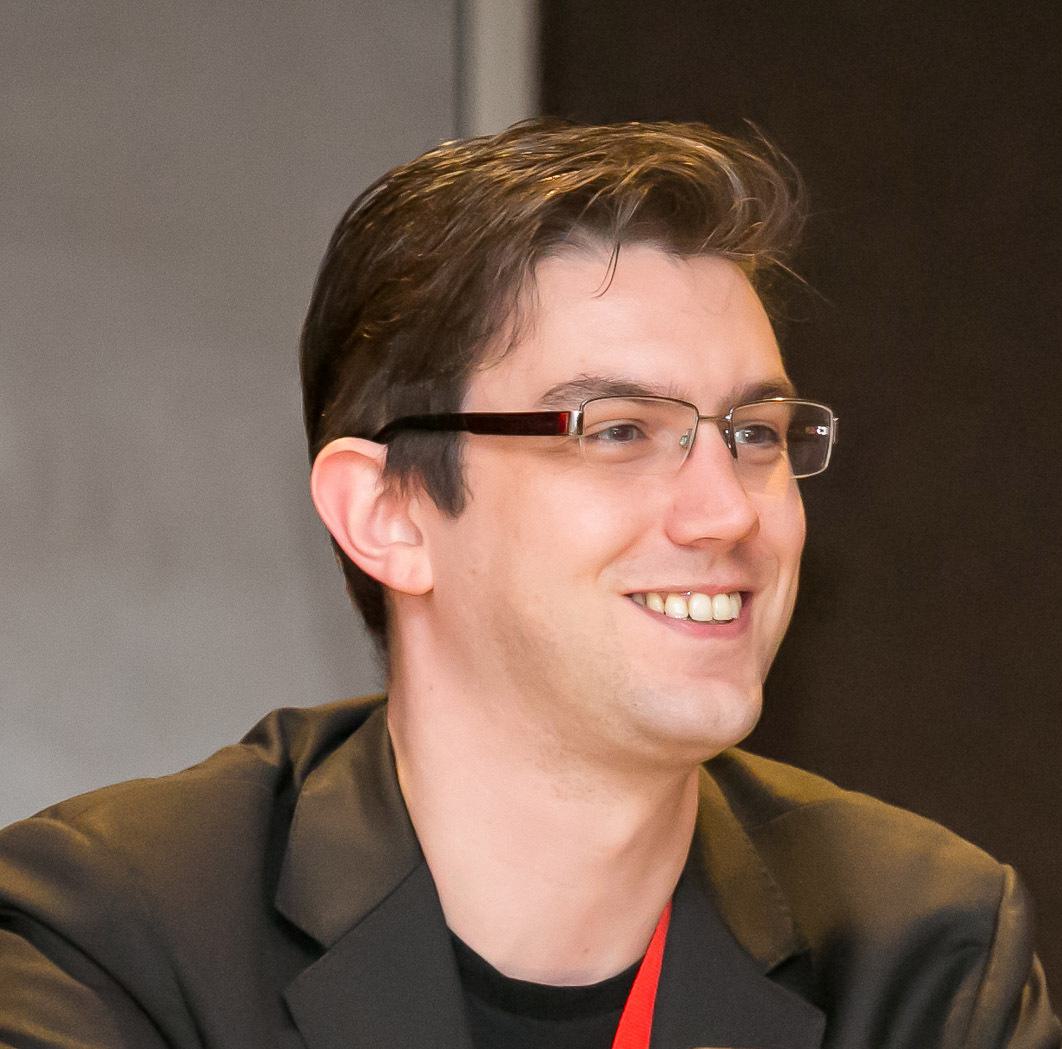Meet the world-changers — overcoming adversity: an interview with Michelle Berriman
Michelle Berriman talks to SOFII’s Joe Burnett about how she transcended poverty and adversity in Scotland to become Executive Director at the Fundraising Institute of New Zealand.
- Written by
- Joe Burnett
- Added
- June 25, 2020
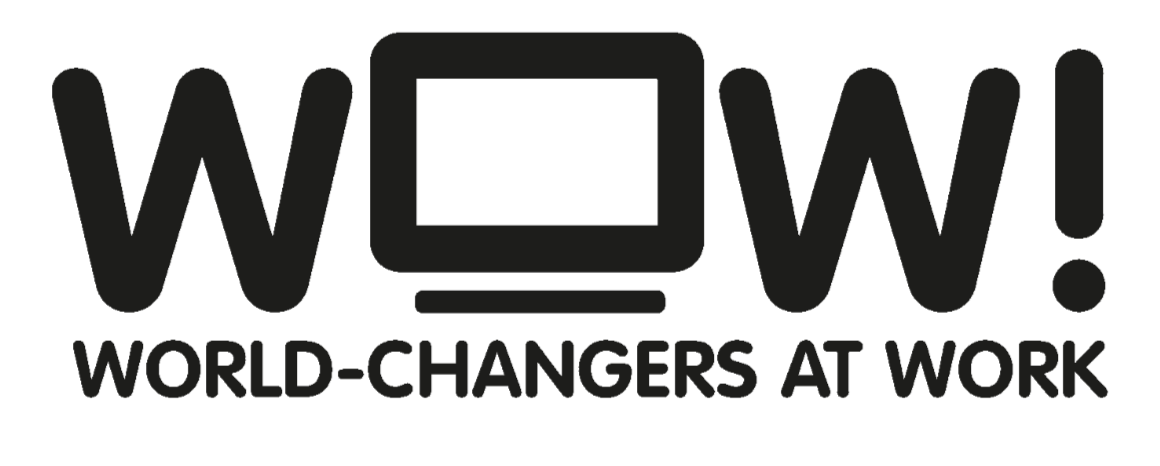
Objectives of the meet the world-changers series:
1. To encourage employers to talk about the good that they do at least as much as about the money they make. To elevate the status of service and ideals at work.
2. To enable people, particularly young people, to see that they can make a social difference while at work. To inspire them to actively encourage their employers to add those dimensions that make a difference, that lead to practical social change.
3. To raise the status and potential of jobs, or rather careers, that change the world.
4. To showcase innovative ideas for fostering social change initiatives and define ways to reward employers who encourage social innovation and activism.
5. To create and present a series of inspirational case histories (at least monthly) of role models who have and are making a difference, day in and day out, through the work that they do.
6. The emotional side of work. Explore the taboos and the inhibitions.
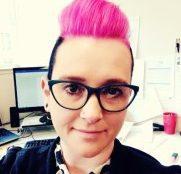
An interview with Michelle Berriman, Executive Director at the Fundraising Institute of New Zealand (FINZ)
Michelle joined FINZ after 20 years working in a variety of roles within the charity sector – the last ten in fundraising and development. Prior to joining the sector’s commercial side, she was a youth/community development worker supporting children looked after by the state, running community-based youth projects and working in juvenile lock-down. Michelle is motivated by creating change and making a difference to those facing adversity and wants everyone to be given the chance to be the very best version of themselves. Originally from the far North of Scotland, she is proud to call NZ her home. Michelle also grew five human beings (two of which are now fully grown human adults!), and she loves reading and cooking.
SOFII caught up with Michelle after our founder Ken Burnett met her at the Fundraising Institute of Australia’s conference in early 2020. In her presentation she outlined her difficult upbringing, a complex relationship with her parents, and why her experiences of being in care as a teenager and dealing with the aftermath of a suicide attempt now drive her desire to make the world a better place. You can why see we decided Michelle would be the perfect person to interview for WoW!
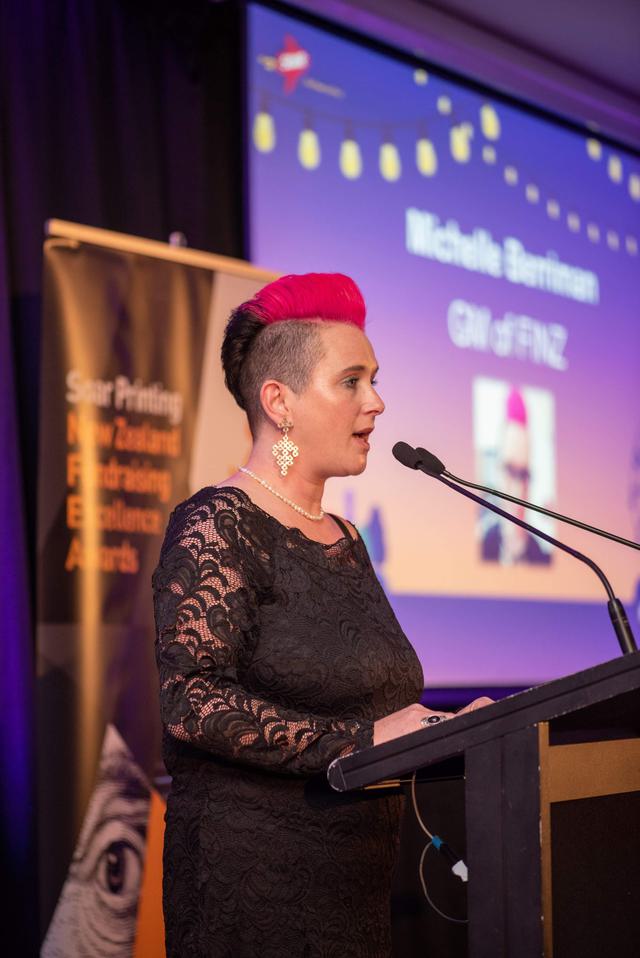
Joe: Could you please tell us a bit about how you went from a childhood in Aberdeen, Scotland where you dealt with serious issues in your young adulthood to being Executive Director of FINZ?
Michelle: It was a big journey. I’ve always had a passion for helping people. When I made my suicide attempt, I wasn’t living at home, I was living all over the place, including with my dad’s girlfriend at the time. She was involved in all sorts of things, drugs and stuff, and I was at rock bottom. I ended up attempting suicide and when I was in hospital – which I was for a week – my mother didn’t come and visit me and I had nowhere to go. So I decided to go into care and was put into emergency foster care. The woman was in her nineties and the house was filthy – I ended up in a room I shared with a tarantula and two snakes! I went back to the social worker the next day and said ‘I’m not going back there’. There’s so much that happened when I was in foster care that I won’t go into it all now, but I was seriously let down by one of the social workers in particular. How long have you got? (laughs). The reason I tell all of this is because it’s where my determination, that sort of ‘fuck you, I’m going to make this work’ attitude comes from.
So, the children’s home where I was going to go next, Airyhall, was a quite specialised unit and I needed to be assessed. This was in the day when social workers were allowed to drink on the job and my social worker bumped into these two guys on the way to the assessment. One thing led to another and we ended up in this dodgy pub at one in the afternoon with the two guys and, even though I was only fifteen, she got me cider. She asked if it was ok if we skipped the visit to the children’s home and just stayed in the pub! She even made me call her husband on a payphone to pretend we were at a party at the children’s centre and we ended up staying in this pub until midnight before she brought me home to stay at her house. Her husband was furious, blamed me and I was locked into a ground floor bedroom while they argued which I had to escape by jumping out the window. And of course, my foster mum didn’t believe me when I called her and eventually got home.
Joe: My goodness! Did the social worker get fired?
Michelle: She called me the next day begging me not to tell anyone, which I didn’t, and then resigned. But it had almost cost me my one chance to get into that children’s home. It was just another example of an adult in my life taking advantage of me. I realised that the only person who could get me out of this shit was myself. When I got my own flat, after a short period in the children’s home, I was 16 and not prepared for independent living. I was caught up with drugs and partying. Lots of people I know died of overdoses. I had limited contact with friends or family and had bills to pay. So, I went back to my social worker and said, ‘you guys need to do something to help prepare young people for independent living.’ We started a small buddy programme for kids in foster care and children’s homes, and that was the first taste for me of having a real impact.
So I was involved in advocacy. I did the training to be on the Children’s Panel (an organisation that supports infants and young people in Scotland with legal decisions) when I was 17 and sat on it from the age of 18, the youngest ever at the time. Coming from my background and the shit that I’d been through, if I could make life easier for even one other person coming afterwards, then it was a result. I just became passionate about helping young people.
After that I moved to Glasgow and got a job with Save the Children Scotland working on a project in the east end which was really good. I really wanted to do the grassroots thing but over the years my thinking kind of changed. I didn’t have much by way of qualifications, but I like to make stuff happen. That’s even what I said in the interview for my current position: ‘I get shit done’. It was when I was working in the east end of Glasgow that I realised that to make real changes organisations need money and funding. So that’s how, by doing grant applications and so on, that I got into fundraising. I did a bit of fundraising in Scotland.
It was around this time that I met my first husband and we tried to buy a house. The broker came back to us and said we couldn’t get insurance because they’d done a check of my health records and learned that I’d tried to commit suicide and had mental health issues. You don’t realise when you’re young just how much something like a suicide attempt impacts the rest of your life. That then became a focal point of the work I did in advocacy and training, campaigning to remove the fact that things young people did in their past could impact on their future prospects. It was about preparing young people for the future. When I did a training session a bit later, the youth workers from my past came up to me in tears, saying I was the reason why they did the work they did. I mean, I ended up training my own social workers.
I then moved to New Zealand and kind of fell into fundraising. This job kind of found me, actually. I was working for the Child Cancer Foundation. I’ve always had the ambition since I was young to lead an organisation, be that one at the top, but never thought I’d do it. FINZ was in a vulnerable situation, , but I never thought I’d get it. Typically, it was run by, shall we say, more ‘traditional’ CEOs, but they took a chance on me and the last 18 months have been incredible. I initially met quite a bit of resistance. People thought ‘Who is this young, Scottish, chick with pink hair and what is she doing here?’ But we’ve turned things around and put FINZ on the map and in a very strong position. Over here, there’s still a strong emphasis on academia and I was possibly helped by having worked for Massey University’s Foundation. When I applied, they asked if I had a degree, which I didn’t, and they were astounded. But again, it was that grassroots, authentic side of me that helped. I’m good at making relationships and that’s essential for a fundraiser.
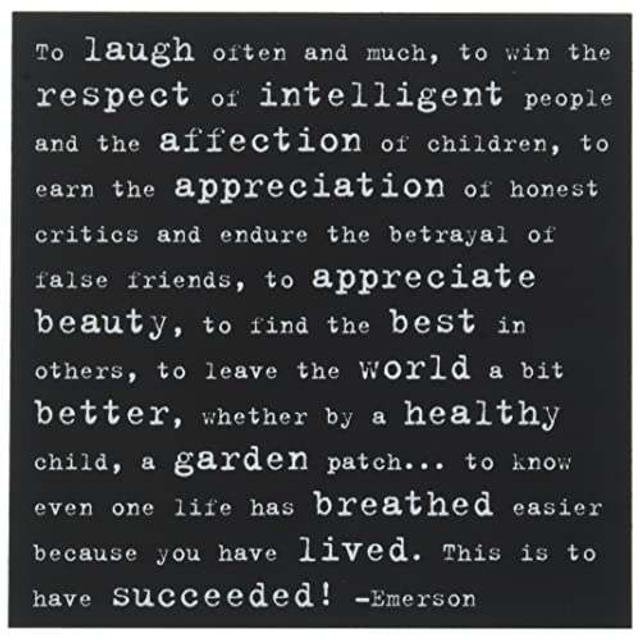
Joe: Reflecting on drug abuse and mental health issues, do you think there’s a class issue that prevents us from really looking at some of the underlying causes at play?
Michelle: I think so. Through past relationships and connections I’ve experienced the other side of life, hanging out with people from very upper or middle class backgrounds. These people would throw money around taking drugs, just playfully experimenting. Because they could. To them, I was scumbag from a council estate, and they wouldn’t give me the time of day. There are completely different worlds when it comes to drugs between someone who has money and someone who doesn’t. When you have a drug problem and you’re poor you’re not using to party, you’re using to forget your demons.
Joe: I don’t want to dwell too much on your suicide attempt, but you’ve mentioned hitting rock bottom and what does rock bottom feel like in that context?
Michelle: It’s just a deep, deep sense of hopelessness. There is no other option as far as you can see. You just want the pain to go, you want it to end. I had no idea who to go to for help. In my family, you didn’t talk about feelings, you just got on with shit. We had no money. I was the first person in my family to learn to drive for generations. I remember expressing an interest in going to university and it was like ‘Get that out of your head, you’re not going to university. People of our class don’t go to university.’ It’s aspirational poverty. And that leads to a sense that you have no way out. At the point where I attempted suicide, I was alone. I couldn’t see my mum or my dad so I thought ‘Who would miss me anyway?’.
Joe: You noted in your plenary that after your parents let you down, so then did the state institutions that you should have been able to fall back on. Do you think therefore the role of charities has become to plug the gaps when other institutions fail?
Michelle: 100 per cent. That whole social structure has a real gap. Again, working class people are really proud and the idea of charity doesn’t go down very well. So, it’s a weird dichotomy. I think it has changed somewhat but my family would never accept charity. My mother was on benefits when I was growing up, ironically, but my grandfather, who was a shipbuilder, had a very strong work ethic and would consider accepting charity as unacceptable. But definitely, charities are there to fill in the gaps. I had free school meals and uniforms as a kid, but it was always very obvious, and it tended to label kids who needed help. I’m glad it’s moved on a bit since then. I think there’s still a lot of work needed around mental health. I was only diagnosed as bipolar (borne out of PTSD) six years ago. I’m on medication every day and I would love to be able to stand up and declare it to the world but I’m not sure how accepted it would be.
Joe: What was it like training your own social workers years after you’d been in their care?
Michelle: It was so surreal. One of the weirdest parts was one time when I had to travel to Aberdeen from Glasgow. Jeremy, one of my former social workers, offered for me to stay over before the session. I met his wife, slept in his daughter’s bedroom, had dinner and it was lovely. But he’d been the social worker whose job it had been to lock up at night and stop me jumping out the window to go out when I was supposed to be staying in the children’s home. So, it felt like I was in this parallel universe. When I was in Airyhall, I would never have dreamed that I could one day be having dinner and staying at the home of the guy I’d once told to fuck off and get out of my face, the day before giving him training. It was an incredibly powerful feeling of success. I was super proud of myself. When you’re a fundraiser it’s really hard to describe to people, even your closest friends, what this world’s like. If they’re not part of it, nobody, apart from other fundraisers, understands what we do. All my successes have been very personal. It can be quite isolating, even as a leader. I guess what I’m searching for is approval, which is hard to get if people, like my mum and dad for example, don’t understand the world I work in.
JB: Do you think your experiences, both in your personal life and through working on the front line, have made you a better fundraiser?
MB: Yes, 400 per cent! I think every fundraiser should spend time on the front line of what their organisation does. In terms of motivation to fundraise… If you have a personal connection to the cause, that’s when you do your best fundraising. I was so passionate about my job at Child Cancer Foundation. If you can sit down with a donor and tell them the real story of what a child is going through and what his or her parents are going through, that makes a huge difference. I also worked doing food deliveries for beneficiaries. And donors want to hear what families are going through. It really resonates and I don’t think enough of it goes on. Too few CEOs and board members here in New Zealand understand these things.
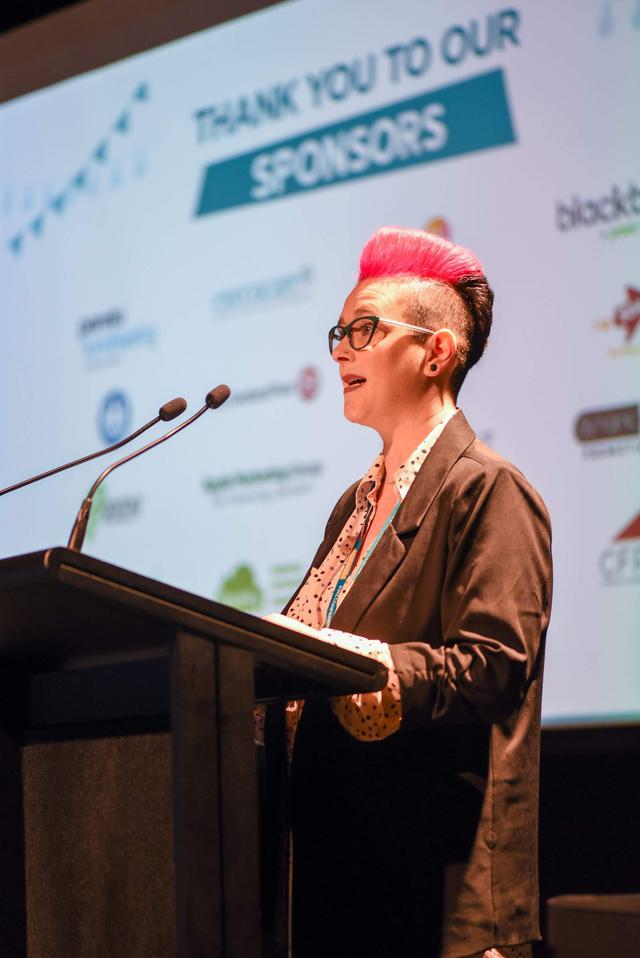
JB: What advice would you give to fundraisers who want to change the world?
MB: I’d tell them that they can. We’re doing it. It happens one person at a time. If you can change even one person’s life, that has a knock-on effect. I’ve been so inspired by so many people along the way and I think it’s really nice to want to aspire to be like someone you admire. Look to the people who are changing the world and try to emulate them.
SOFII would like to thank Michelle for her time, honesty and openness.
